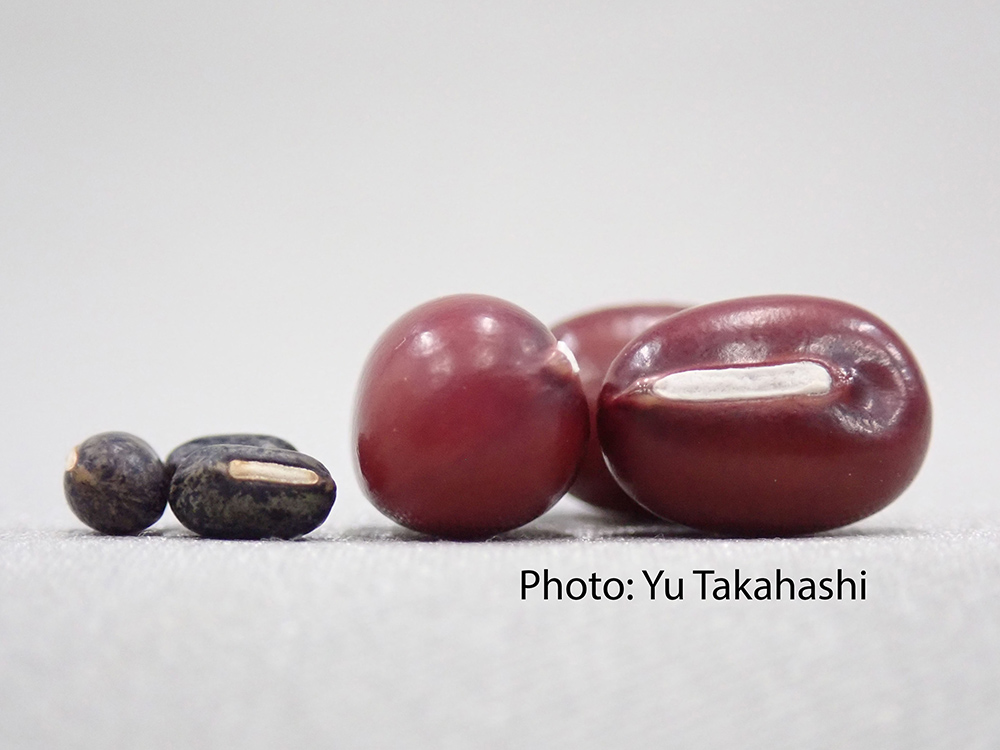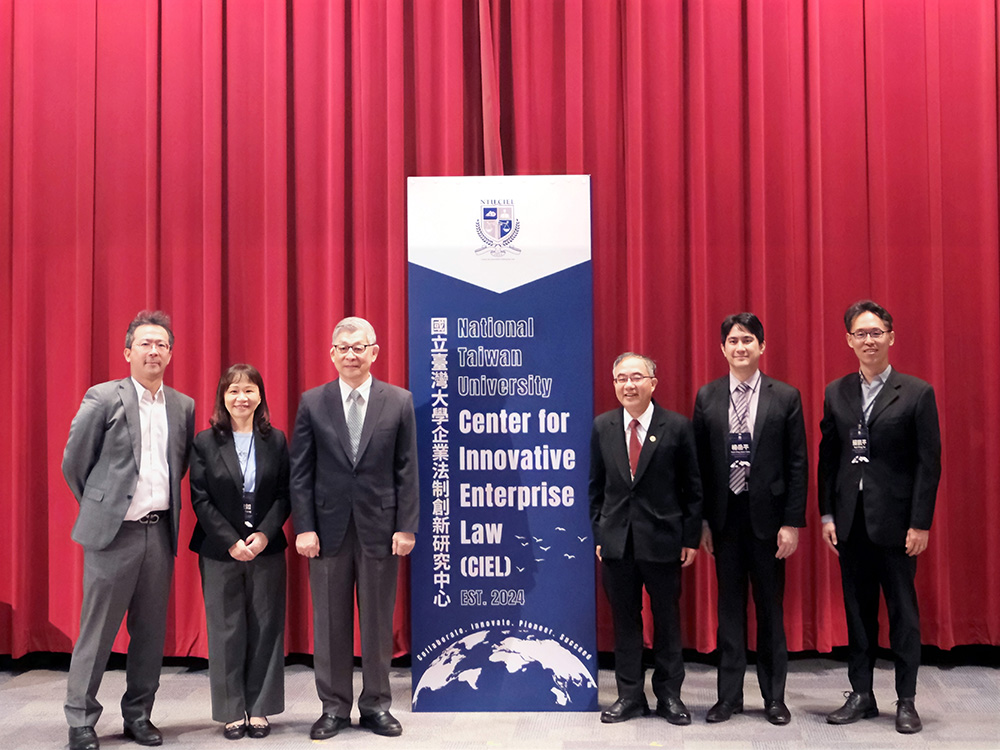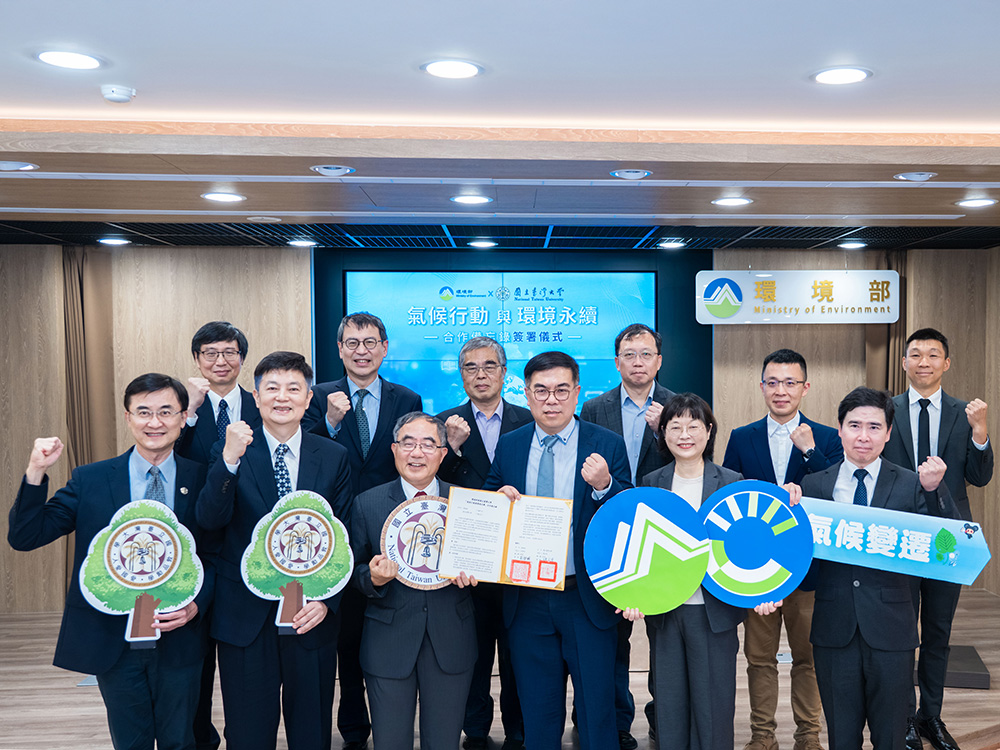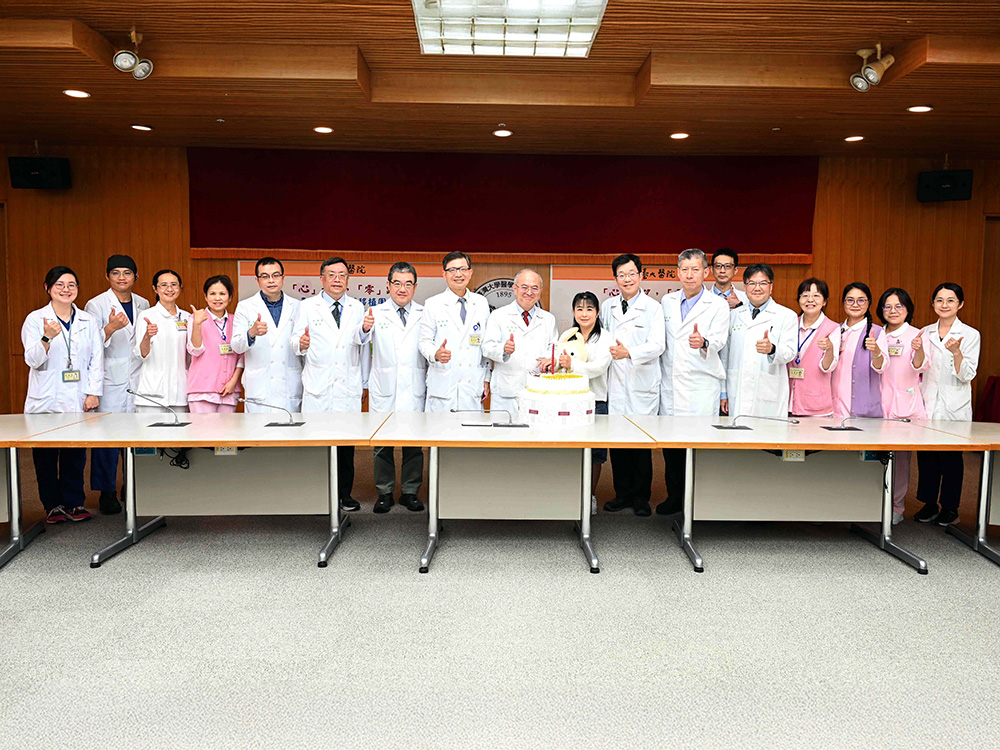
A Distinguished Global Research Center Established at NTU under Trilateral Cooperation
瀏覽器版本過舊,或未開啟 javascript
請更新瀏覽器或啟用 javascript
Spotlights
Dr. Chen (first from left) and his team members who have worked on this project.
Fidget spinners are used as a spinning tool to separate blood plasma for diagnostic tests.
Fidget spinners are flat, multi-lobed toys with a ball bearing at the center. Some people use these spinners to diffuse nervousness and stress. Now, a research team from NTU has found a surprising new use for the toy: separating blood plasma for diagnostic testing. The team is led by Dr. Chien-Fu Chen (陳建甫), an associate professor of the NTU Institute of Applied Mechanics. This new approach, reported in American Chemical Society’s journal Analytical Chemistry, could be useful for medical applications in regions of the world that lack electricity and related resources.
Before doctors can perform blood tests, they must separate blood cells from plasma, a yellowish fluid that contains proteins, bacteria, viruses, metabolites, and other substances that can be used to diagnose diseases. The separation is most often accomplished by centrifugation, which uses high-speed rotation to sediment blood cells. However, centrifuges are expensive and require electricity that might not be available in resource-limited regions. Dr. Chen and his colleagues, including Profs. Chien-Cheng Chang (張建成) and Chin-Chou Chu (朱錦洲), wondered if a commercially available fidget spinner could generate enough force to separate blood plasma with the flick of a finger.
To find out the answer, the researchers placed human blood samples in tiny tubes, sealed the ends, and taped the tubes to each of the three prongs of a fidget spinner. They found that by flicking the spinner with a finger 3-5 times, they could separate about 30% of the plasma with 99% purity in only 4-7 minutes. To verify that the plasma was suitable for diagnostic tests, the researchers spiked the blood samples with a human immunodeficiency virus-1 (HIV-1) protein, separated the plasma with the spinner, and performed a paper-based detection test. This inexpensive, simple method detected clinically relevant concentrations of the viral protein in only a drop of blood.
This study provides an inexpensive, simple, and hand-powered solution to diagnostic testing in underserved or resource-limited regions. The fidget spinner as a portable centrifuge not only ensures satisfying testing quality but will also enhance the development of personalized medicine and infectious disease prevention.
The team would like to acknowledge and appreciate the financial support from the Ministry of Science and Technology (MOST) and NTU’s Higher Education Sprout Project.
Contact: Chien-Fu Chen
stevechen@ntu.edu.tw
More information:
“Blood Plasma Separation Using a Fidget-Spinner,” Analytical Chemistry
https://bit.ly/BloodSeparation
ACS Headline Science: https://bit.ly/ACSHeadlineScience
ACS News Service Weekly PressPac: https://bit.ly/PressPacACS
AAAS EurekAlert: https://bit.ly/AAASEurekAlert

A Distinguished Global Research Center Established at NTU under Trilateral Cooperation

Collaborative study between NTU and Japan uncovers the origin of Adzuki Beans and agriculture in Japan

NTU Launches Center for Innovation in Enterprise Law—with Forum Highlighting Trump’s Policy and Legal Shifts Amid Geopolitical Tensions

NTU and Ministry of Environment Sign MOU to Advance Net-Zero Transition and Environmental Resilience

NTU Hospital’s Cardiac Transplant Team Pioneers Beating Heart Transplant with Zero Ischemic Time
Current Spotlights